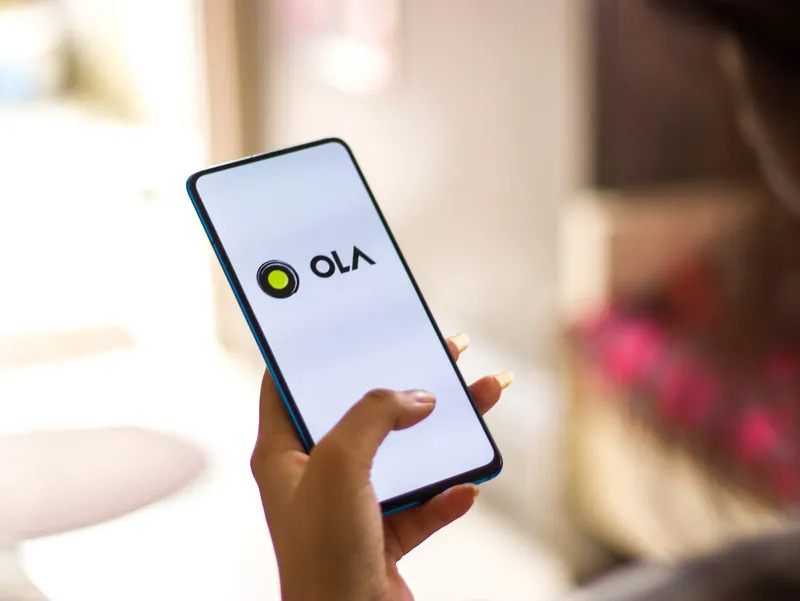From 1 March 2017, UK drivers caught using a phone while driving will face tougher penalties. Under new legislation announced by the Department for Transport, offenders will receive six penalty points on their licence and a £200 fine, up from the previous three points and £100 penalty.
Motorists caught using their mobile twice or accruing 12 points on their licence will face magistrates’ court, being disqualified and fines of up to £1,000. New drivers, within two years of passing their test, risk having their licence revoked and lorry or bus drivers can be suspended if caught.
According to Shaun Helman,
“Even simply speaking on a mobile phone can slow reaction times to sudden events, as much as being at the legal limit for blood alcohol in England (80mg/100ml of blood). Interacting with social media is even more demanding than simply speaking.”
The move has been generally welcomed by road safety charity,
Gary Rae, campaigns director for Brake, said: “The increase in the points is very welcome. However, when you realise that you can be fined £1,000 for not having a TV licence, then the £200 fine for illegally using a mobile looks woefully inadequate.”
Brake also expressed concern about what it calls dwindling numbers of roads traffic police and called on the government to look again at this, and make roads policing a national priority.
Double penalties for motorists using mobiles
From 1 March 2017, UK drivers caught using a phone while driving will face tougher penalties. Under new legislation announced by the Department for Transport, offenders will receive six penalty points on their licence and a £200 fine, up from the previous three points and £100 penalty.
March 2, 2017
Read time: 2 mins
Related Content










